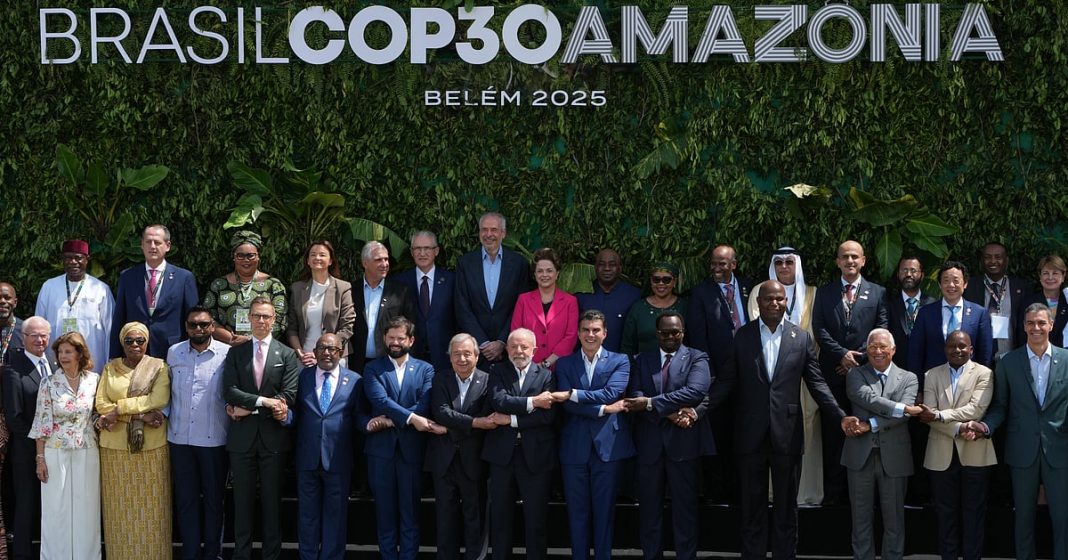Key Takeaways
- COP30 climate summit in Brazil sees low attendance from major world leaders
- Climate funding falls short with UK withdrawing $125bn rainforest fund
- Political divisions and wars sideline environmental priorities
The COP30 climate summit in Belém, Brazil is facing waning global interest with key nations like India, US, China and Russia skipping the event. Despite being held at the gateway to the endangered Amazon rainforest, the conference has drawn only a few dozen world leaders, signaling declining political commitment to climate action.
Trump’s Shadow Over Climate Efforts
The environmental movement faces significant pushback from Donald Trump, who recently dismissed climate change as “the greatest con job ever perpetrated on the world.”
“The entire globalist concept, asking successful industrialised nations to inflict pain on themselves and radically disrupt their entire societies, must be rejected completely and totally,” he added.
Brazil’s President Lula da Silva opened the conference warning about “extremist forces that fabricate fake news and are condemning future generations to life on a planet altered forever by global warming.” Colombian President Gustavo Petro went further, calling Trump “100% wrong” for denying climate science.
Broken Climate Funding Promises
A decade after the landmark Paris Agreement, climate financing remains a major point of contention. Developed nations had committed to raising $100 billion by 2020 but only met this target in 2022, with much of the funding coming as loans rather than grants.
At last year’s COP29 in Baku, developing countries demanded $1.3 trillion in climate finance but settled for just $300 billion after difficult negotiations. Fossil fuel producers continue to resist renewable energy transitions, with oil-producing nations using previous climate summits to network and secure supply deals.
UK Withdraws Critical Rainforest Funding
In a major setback, the UK has withdrawn from its $125 billion fund to support the world’s rainforests. This directly impacts Brazil’s efforts to raise $25 billion for reviving major rainforest ecosystems like the Amazon and Congo Basin.
These forests, covering just 6% of Earth’s land mass, absorb billions of tonnes of carbon emissions and host thousands of animal species. UK Prime Minister Keir Starmer acknowledged that global political support for climate action is weakening, even as his own country cuts crucial funding.
Hurricane Melissa’s recent devastation in the Caribbean served as a stark reminder that climate change continues to intensify. While expectations for COP30 remain low, the summit may still provide important information to keep global climate dangers in focus.




